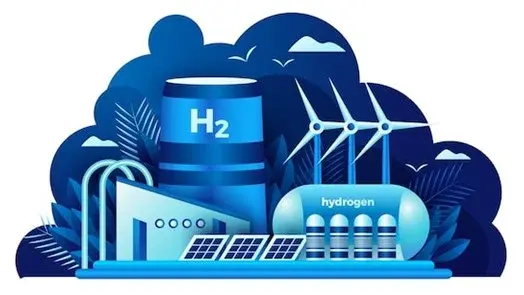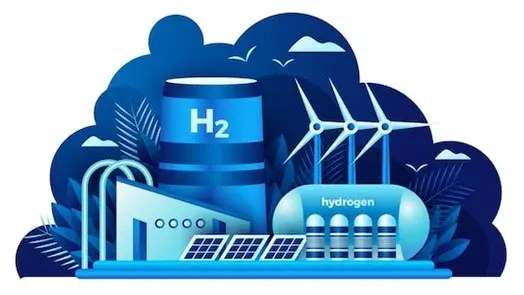The European Commission's REPowerEU plan aims for 10 million tons of green hydrogen to be imported into the EU by 2030. Against this backdrop, the article “A sustainability and governance index for assessing the EU's green hydrogen import options”, published in Environmental Research Letters, suggests a novel way to think about green hydrogen partnerships.
The research, conducted by Brandt School Alumni, Almudena Nunez and Katherine Caro; and Professor Andreas Goldthau, uses Germany as a reference case to develop a quantitative sustainability and governance index (SGI). Complementing research focused on the geography of renewables or cost structures, the SGI ranks possible partner countries based on political and environmental factors.
The index uses five dimensions for the ranking, which include the political will to build a green hydrogen sector, the partner country’s integration with the EU/Germany, their commitment to international engagement and climate targets and policies, their environmental regulatory effectiveness, and their governance performance. The index was applied to 113 countries, ranking them on their overall score, but also finding differences in the individual dimensions between countries of similar rank, which can aid in identifying the degree to which the partnerships would need to prioritize specific aspects.
The paper emerged from a Capstone project group at the Willy Brandt School of Public Policy at the University of Erfurt, a student-led pro bono consultancy, where they partnered up with an energy consultancy to inform Germany's hydrogen policy.
The full article can be found here.


